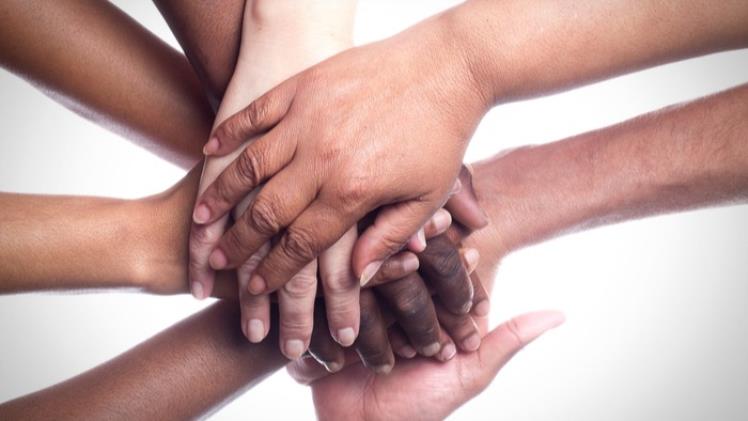In contemporary discourse, the intersectionality of race, identity, and politics lies at the heart of social movements seeking to address systemic inequalities and advance justice and equality. From the civil rights movement to Black Lives Matter, from LGBTQ+ activism to indigenous rights advocacy, social movements embody the diverse struggles and aspirations of marginalized communities fighting for recognition, representation, and empowerment. Exploring the complex interplay of race, identity, and politics within these movements offers insights into the multifaceted nature of social change and the ongoing quest for a more just and inclusive society.
Interconnected Struggles
Interconnected struggles for recognition, dignity, and equality lie at the nexus of race, identity, and politics. Social movements emerge in response to entrenched systems of oppression and discrimination that marginalize and disenfranchise individuals based on their race, ethnicity, gender, sexual orientation, religion, or other aspects of identity. These movements seek to dismantle systemic barriers and create a more equitable and inclusive society by amplifying marginalised voices and challenging power structures.
Intersectional Analysis
Intersectionality, a concept coined by legal scholar Kimberlé Crenshaw, emphasizes the interconnected nature of social identities and the intersecting forms of discrimination and disadvantage experienced by individuals who occupy multiple marginalized positions. Within social movements, intersectional analysis illuminates the complex dynamics of power and privilege that shape experiences of oppression and resistance.
For example, the Black feminist movement highlights the unique challenges faced by Black women, who contend with intersecting forms of racism, sexism, and classism. Similarly, LGBTQ+ activists advocate for an intersectional approach to address the overlapping forms of discrimination faced by queer people of colour, transgender individuals, and other marginalized communities within the broader LGBTQ+ movement.
Political Mobilization
Politics plays a central role in social movements, catalyzing collective action, advocacy, and policy change. From grassroots organizing to legislative advocacy, social movements leverage political strategies to challenge oppressive laws, institutions, and practices and to promote progressive reforms that advance the rights and interests of marginalized communities.
At the same time, political mobilization within social movements is often fraught with tensions and divisions over tactics, priorities, and strategies for achieving social change. Debates over the role of electoral politics versus direct action, the tension between insider lobbying and outsider activism, and questions of representation and leadership within movements underscore the complex relationship between politics and social change.
Coalition Building and Solidarity
In navigating the intersectionality of race, identity, and politics, coalition building and solidarity emerge as essential strategies for fostering unity and amplifying collective voices. Social movements forge alliances across diverse communities, forging common bonds of solidarity based on shared experiences of oppression and a commitment to justice and equality.
By building bridges across racial, ethnic, gender, and other identity-based divides, social movements strengthen their capacity to effect systemic change and challenge entrenched systems of power and privilege. Solidarity becomes a powerful force for social transformation, uniting disparate voices in a shared struggle for liberation and empowerment.
Conclusion: Towards a More Inclusive Future
In conclusion, the intersectionality of race, identity, and politics lies at the heart of social movements seeking to address systemic inequalities and advance justice and equality. By exploring the interconnected struggles, intersectional analysis, political mobilization, and coalition building within these movements, we gain deeper insights into the complexities of social change and the ongoing quest for a more inclusive and equitable future. As we navigate the intersectionality of race, identity, and politics, let us strive to amplify marginalized voices, dismantle oppressive systems, and build a society where all individuals are recognized, valued, and empowered to thrive.

